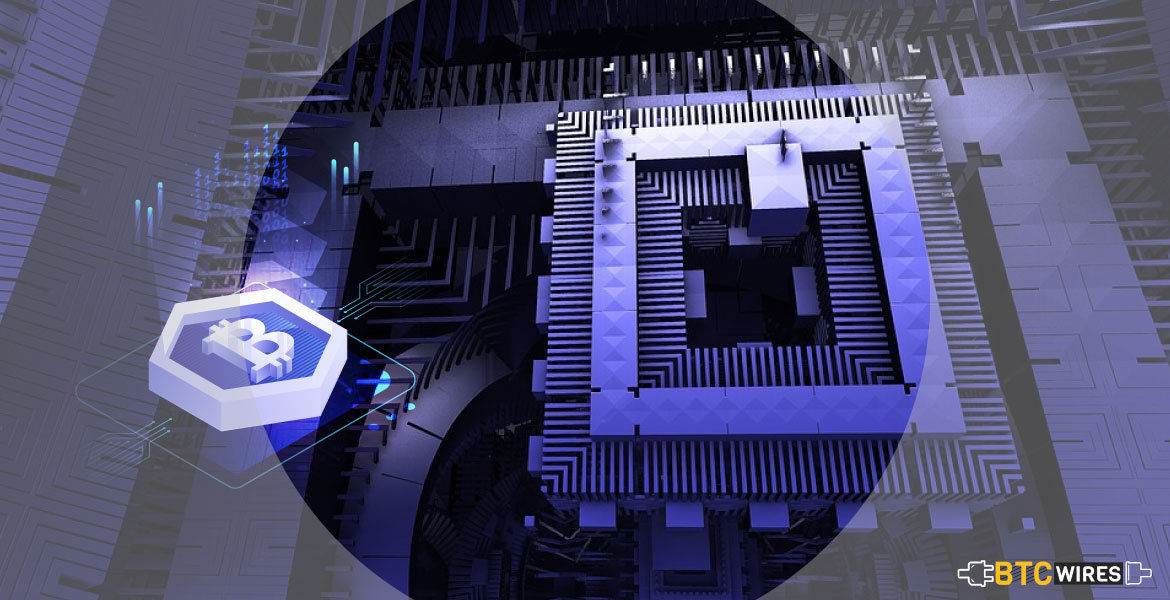There is a lot of glee surrounding Bitcoin and other

There is a lot of glee surrounding Bitcoin and other digital currencies, and this has translated to exponential price rises over the last year.
Much of the hype surrounding these cryptocurrencies is justified as nearly every industry in the world can take advantage of Blockchain Technology in one way or the other.
But during all of the excitement, it’s important to assess whether the underlying technology is resistant to many other emerging technologies, like Quantum Computing.
Since the fundamental of blockchain tech is centred around making sure about the security in a decentralized fashion, let’s have a look at how quantum computing changes the equation when the security is the primary concern.
You May Also Read: How Can Blockchain Technology Help The Shipping Industry?
Public Key Cryptography of Blockchain?
Public Key Cryptography is what relies on a pair of the public as well as private keys to make sure the secure and encrypted communication on an unsecured channel. This is what ensures that the message received by the person is untampered.
The security aspect of this scheme of cryptography comes from the fact that it’s practically impossible to come up with an alternate private key.
In simple words, there’s no way other than guessing and checking different private keys which might work.
Quantum Computing Threat
The existing paradigm for digital security is something that completely relies on the sanctity of the assumptions that underly in the previous section. If quantum computers had to make our current security framework obsolete, then it would also be a disaster not just for the public key cryptography but for all other financial systems exist today.
This threat of quantum computing comes from the fact that quantum computing takes benefit from quantum QUBITS or Quantum Bits, that can exist in any superposition of values between 0 and 1. Therefore, it processes much more information than just 0 or 1, which is actually the limit of classical computing systems.
Consequently, quantum computers can handle a bunch of orders of magnitude, and that too is more than traditional computers. However, quantum computers can currently just work on a limited number of highly specific applications. There are some big players in the industry like Google and IBM which are working on their implementations of quantum computers believed to be 100 million times faster than those of classical modes of computation.
You May Also Read: What Is The Next Big Use of Blockchain Technology?
How Blockchain Will Keep Up the Pace?
In the future, as the threat of quantum computers becomes more pronounced to the public key cryptography, there are certain changes that blockchain can implement to be quantum resistant.
Projects like the QRL (Quantum Resistant Ledger) already have their implementation of a blockchain which won’t be influenced by the exponential hike in computational power of quantum computers.
Quantum Resistant Ledger makes sure about the quantum resistance by ensuring that private keys are generated in a complicated way that depends on hash-based cryptography in comparison with the current public key cryptography.
As far as Bitcoin’s consensus algorithm Proof-of-Work is concerned, it could easily be upgraded by using a hard fork which has been used several times in the past.
As quantum computers can make a lot of hash functions obsolete, the blockchain of many tokens would need to change their architecture too.
Here are a Few Articles for You to Read Next:

